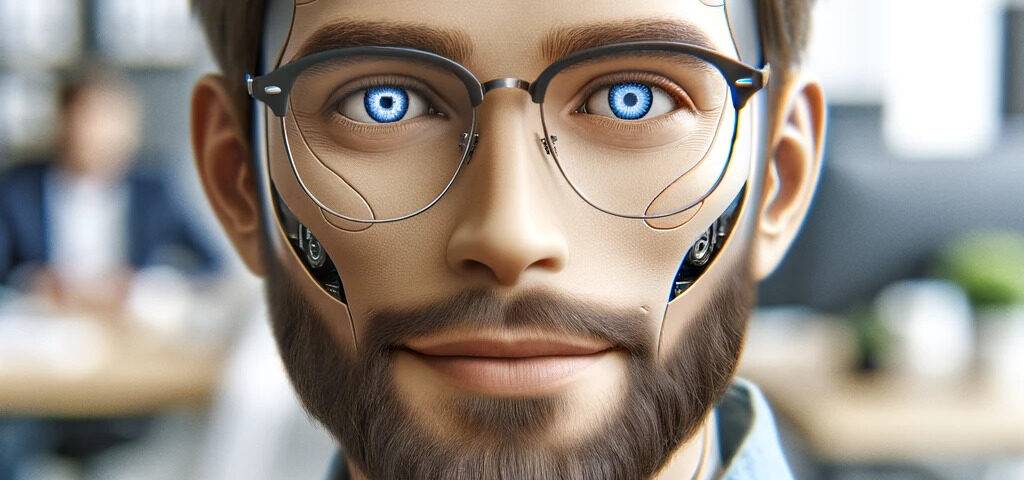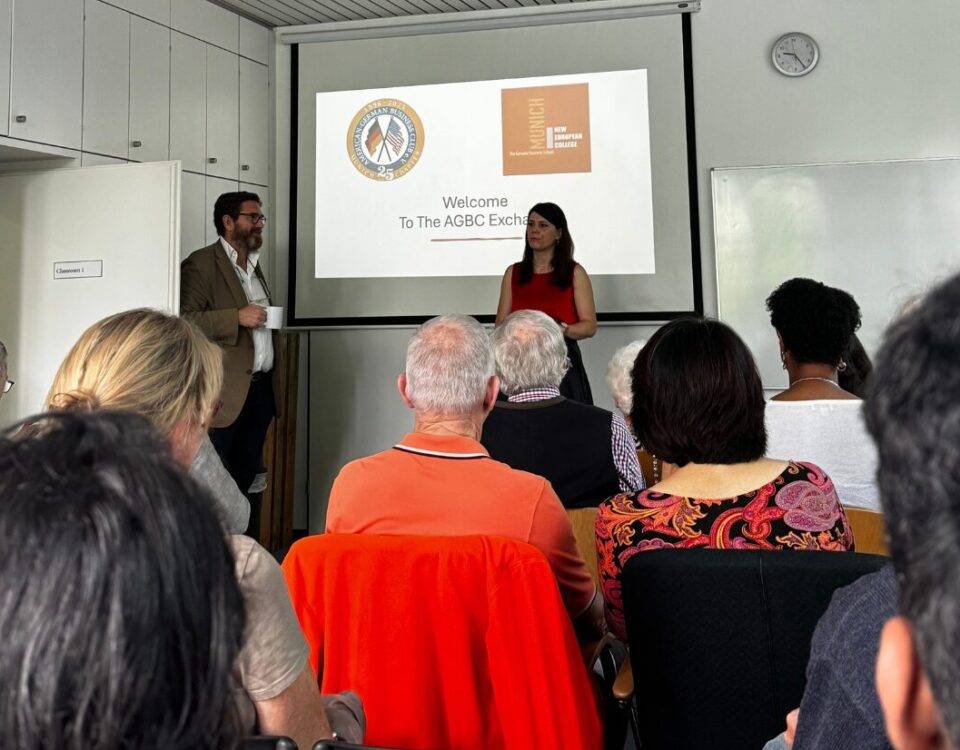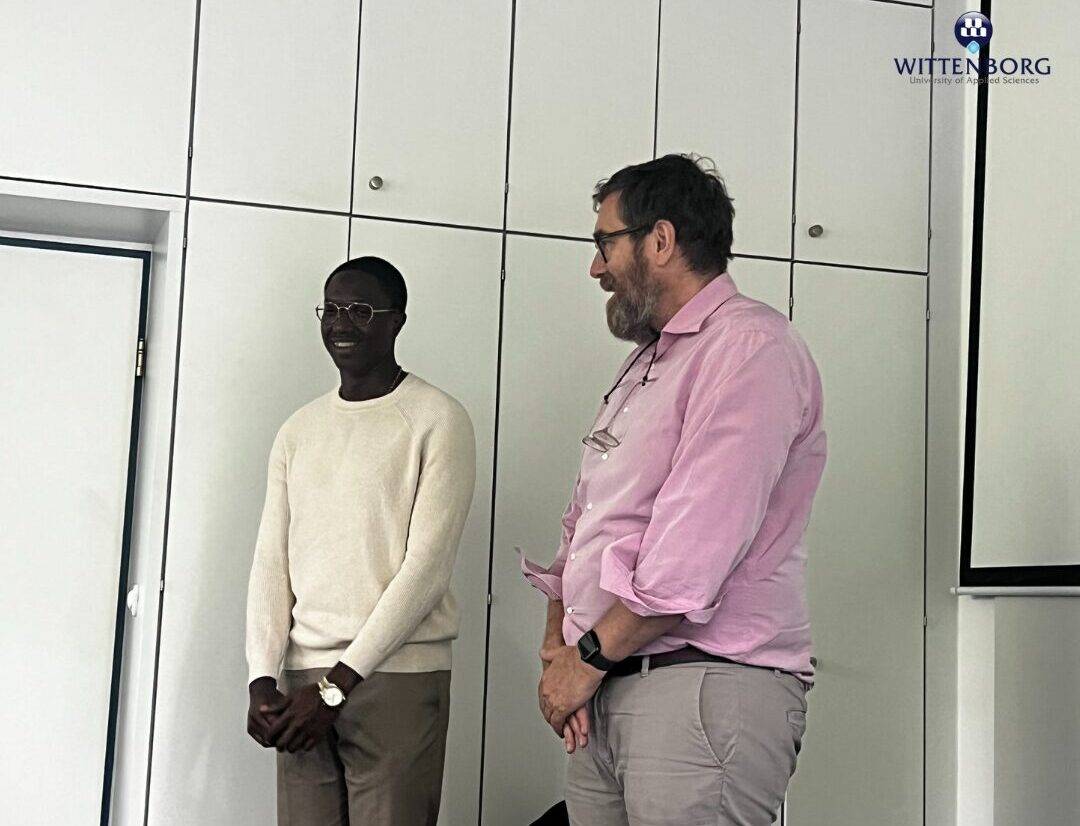
Meet Domenica, the Newest Member of Our Marketing Team!
17. October 2023
Update from the Chancellor: Sunday is The New Monday
4. February 2024Dear Friends of New European College,
In this wondrous and magnificent world, we live in, humans have always feared new technologies. Fundamentally, each technological shift replaced old routines with new ones, enhancing efficiency and effectiveness in achieving the underlying goals (for the good, the bad and the ugly). Despite this possibility, the advancement of society was often slowed by the resistance to change and following the dominant canon.

In business usually referred to as resistance to change, you can already find an extensive article in the Harvard Business Review from 1969 with the beautiful sub header “The real problem is not technical change but the human changes that often accompany technical innovations.“
Even benign changes like drinking coffee were met with significant resistance in Europe. Labelled as the devil’s drink, banned in Prussia as it was deemed to impact the sale of beer, and in France women protested against coffee as they feared it would impact the health of their men.

Already in the 19th century, about 200 years ago, the fear of technological change was so big in the UK that a group of artisans called the Luddites destroyed machinery, especially in cotton and woolen mills, that they believed was threatening their jobs. The British government responded harshly to the Luddite movement. They passed laws making machine-breaking a capital crime and deployed the military to protect factories. Many Luddites were arrested, and some were executed or transported to Australia.

Well, I doubt that you will be arrested, executed, or transported to Australia, if you are resistant to change, and yet in some cases, especially when it comes to digital transformation of companies, maybe these threats would act as catalysts to lower the resistance to change. (Disclaimer: the author does not want anyone to be arrested, executed, or transported to Australia, because they are resistant to change.)

Why am I writing this lengthy introduction? Because we are experiencing a significant technological change – generative artificial intelligence – that is here to stay and many are engulfed in a semi-philosophical discussion on the consequences of it, instead of adapting a mindset of discovery and exploration thereof.
It seems to me that many are using this philosophical discussion to avoid learning how to use generative AI and take the discussion into realm of drama – just like the Luddites did – and instead of preparing for the upcoming change cling to the hope of that nothing will change if they keep their minds closed.

Change is inevitable; AI will first automate routine and less productive administrative jobs, as extensive research indicates. Normally, I would link the research, but this time I will only list two prompts to use in any one of the available AI tools so you can try yourself:
- Give me an overview of the jobs that will be first replaced by AI
- Will higher business education still be of importance? (Hint: Yes)

As you probably realized, all the pictures in this e-mail have been created with AI. In fact, I am terrible at drawing, my Photoshop capabilities are meagre, and at school my consecutively lowest grade was in art class, until I could drop it and thanks to AI, I have been able to provide you with these awesome pictures.
So, please don’t be a Luddite – overcome your fear and resistance to change and start exploring the magic of generative AI.
And no, this e-mail was not written by AI, but maybe checked for grammar and coherence.
Wishing you all a great start into the future,
Sascha Liebhardt




